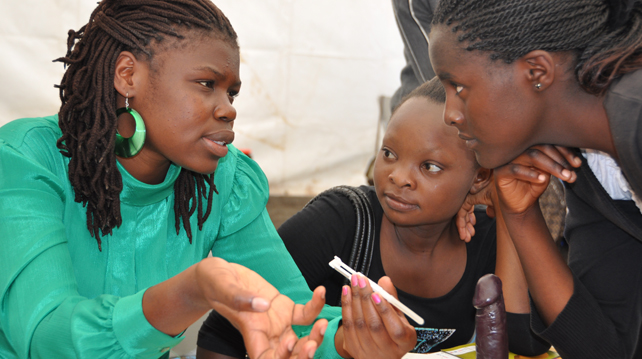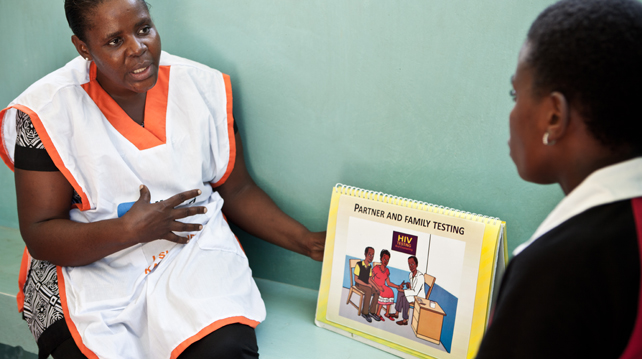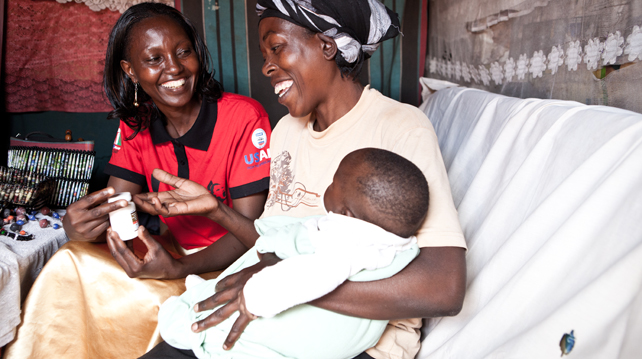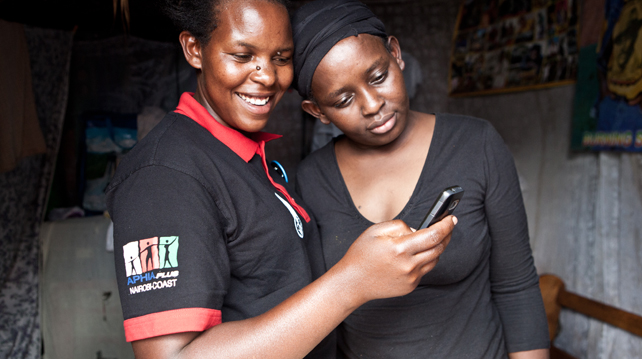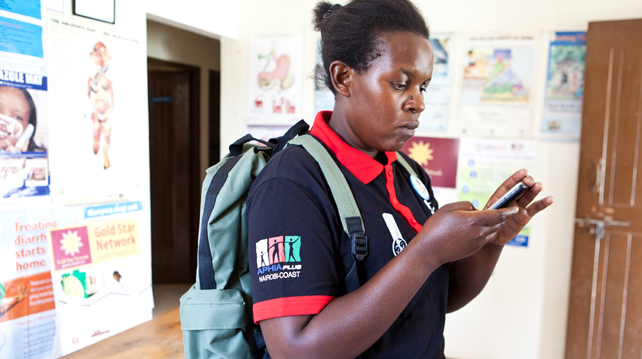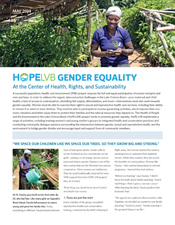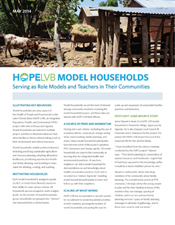Kenya
Kenya has a long history of providing some of the most successful family planning programs in Africa.
Despite Kenya’s significant track record with family planning services, one out of every four married women still report an unmet need for family planning. This unmet need for family planning results in demand for services and access to contraceptives, placing tremendous strain on government health systems. These systems are already stretched to meet the needs of the country's population of people living with HIV and AIDS, which is the fourth largest in the world.
Pathfinder has supported reproductive health and family planning work in Kenya since 1969. By working closely with nongovernmental and community-based organizations, government agencies, and public and private sector institutions, Pathfinder has reached some of Kenya’s poorest communities with reproductive health information and services, including contraceptives and counseling in maternal and child health care.
Recently, Pathfinder’s work in Kenya has responded to the country’s high rate of HIV infection, currently estimated at 6.2 percent among adults and at 3 percent among young women aged 15-24 (compared to 1.1 percent of young men). Today, Pathfinder integrates HIV and AIDS prevention and care with quality reproductive health and family planning activities, bringing health services to the most vulnerable women who are least likely to have access to quality care.
Through peer education and school sessions, APHIAplus Nairobi-Coast has reached more than 17,000 young people with information about gender-based violence, reproductive health, and HIV and AIDS. Pathfinder also supports the development of sustainable health systems to ensure equitable access to a wide range of health services. APHIAplus builds capacity of managers, health care providers, and community health workers.
Through our activities, Pathfinder is promoting sexual and reproductive health care among women, men, adolescents, as well as key populations such as orphaned and vulnerable children, men who have sex with men, intravenous drug users, and sex workers. The ultimate goal is to ensure access to readily accessible, equitable, and quality health services for all people in Kenya.
Our Projects
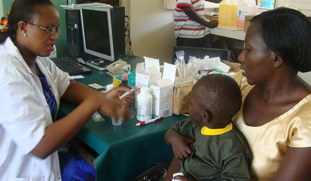
mHMtaani: Bringing Mobile Health to the Community
PAST PROJECT: This mHealth initiative, implemented in Nairobi, was supported by Dimagi and the Core Group along with funding from USAID through Pathfinder’s APHIAplus project.
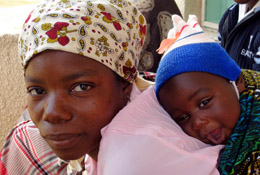
Evidence to Action for Strengthened Family Planning and Reproductive Health Services for Women and Girls (E2A)
The Evidence to Action Project (E2A) is USAID’s global flagship for strengthening family planning and reproductive health service delivery.
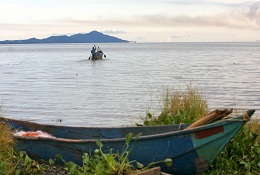
HOPELVB
The HoPE project reduces threats to biodiversity conservation and ecosystem degradation in the Lake Victoria Basin while increasing access to family planning and sexual and reproductive health to improve maternal and child health in local communities.

APHIAplus Nairobi-Coast
The APHIAplus (AIDS, Population and Health Integrated Assistance Plus) Nairobi-Coast program is a five-year flagship health services delivery program funded by USAID.
Related Publications
HoPE LVB Gender Equality
In order to address the urgent, interconnected challenges in the Lake Victoria Basin—poor maternal and child health, a lack of access to contraception, dwindling fish supply, deforestation, and more—interventions must also work towards gender equality.
HoPE LVB Model Households
Model households are a key aspect of the Health of People and Environment in the Lake Victoria Basin, an integrated Population, Health, and Environment project with sites in Kenya and Uganda.
HoPE LVB Energy Efficient Stoves
Bussi Island is located in the Wakiso district, which suffers a deforestation rate of 86.7 percent. To promote hassle-free cooking and a healthy environment for women in their homes, the Health of People and Environment in the Lake Victoria Basin project introduced two types of energy-efficient smokeless stoves.
HoPe LVB Beach Management
A new approach to conservation in the basin is the Health of People and Environment in the Lake Victoria Basin project. It seeks to reduce threats to biodiversity conservation and ecosystem degradation while simultaneously increasing access to family planning and reproductive health services.
Related News
HoPE for Sustainable Development: Results From an Integrated Approach in East Africa
Five Digital Payment Innovations with the Potential to Transform Development
With Pathfinder International’s mHMtaani project (Swahili for “mobile health for my community”), community health workers in Kenya’s coastal region use a mobile phone application to register clients, provide health services and upload data to the cloud so program managers can monitor and analyze patient care and outcomes.
